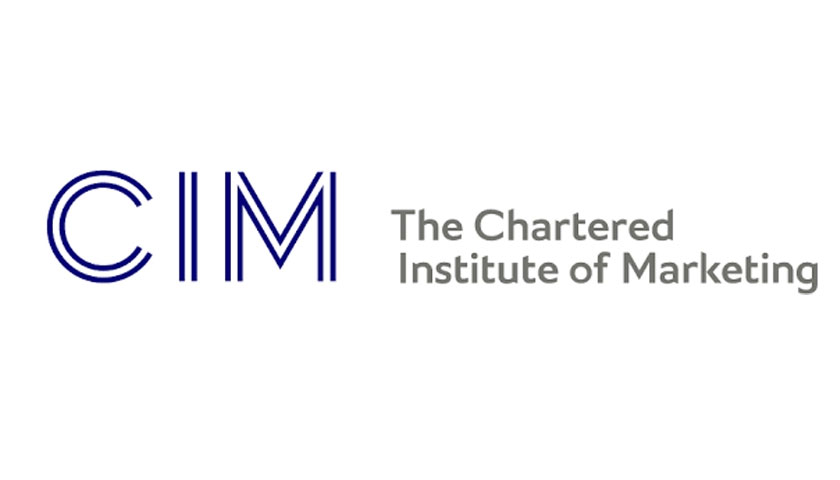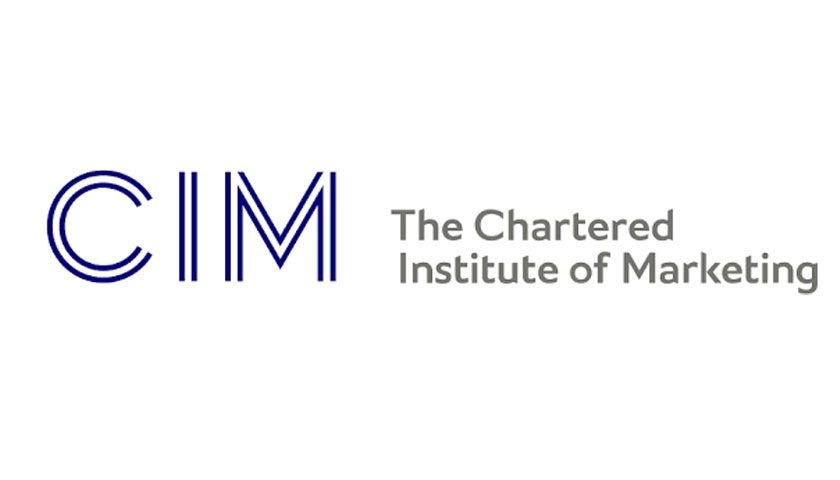New research from the Chartered Institute of Marketing (CIM) reveals that top marketers are confident in their ability to unlock growth in 2023 against a gloomy economic backdrop. The influential poll of the most senior marketers across 75 UK and global brands recorded a two point rise in confidence for the marketing sector in 2023, despite confidence in the prospects for the UK economy plummeting 16 points against last year’s Index. The rise was five points for those working for international brands, as domestic growth hopes lagged global expectations.
CIM’s latest report, ‘The CMO 75’, builds on prior research to provide an index of confidence in the sector post-pandemic. After a bounce-back last year, confidence has been tempered in 2022 by declining economic conditions, with the proportion of marketers believing that the sector is stronger than pre-pandemic remaining steady at 53 per cent in comparison to 52 per cent last year. This proportion continues to outweigh the number who feel the sector is weaker (27%), but again this is less pronounced than last year (20%).
Marketing budgets rise
The majority of those interviewed for the report had seen their marketing budgets increase over the last 12 months (59%), with just one in five (18%) seeing them cut. A similar proportion (53%) expect budgets to grow over the next year, at a median predicted increase of 11-20%. This is slightly lower than 21-30% achieved in 2022. The key external reasons given for such changes are the cost of living crisis (29%), followed by the challenge of attracting and retaining customers (25%) and changing consumer behaviour (11%).
Chris Daly, chief executive of the Chartered Institute of Marketing comments: “The coming year will test the resilience of our industry, but it is clear the majority of professional marketers see a silver lining in the storm clouds. With household budgets under pressure from rising costs, and wages shrinking due to inflation, brands have the opportunity to benefit from both those trading down from premium offerings, or looking for affordable luxuries to compensate for compromised lifestyles. Attracting and retaining these new customers will be key, as will negotiating sufficient resources from the wider business to unlock much needed growth.”
Skills gaps remain across the sector
The report identifies that many marketing departments and agencies continue to struggle with severe skills shortages and rising wage bills, with three quarters (73%) concerned about skills shortages, followed by recruitment (72%) and staff retention (61%). In the face of changing market conditions, CMOs are most likely to be investing in themselves by seeking training in data analysis, digital marketing and management skills.
The importance placed upon data analysis and digital marketing skills is linked in the report to the growing challenge of ensuring effective governance of social and digital marketing. In a year where many brands have pulled spending from platforms such as Twitter, it is clear that standards need to rise. Two thirds (64%) of those polled felt there was too little regulation of social media, and over half (56%) felt that it was their responsibility to protect their clients and customers on social platforms. This was slightly more pronounced amongst in-house marketers (57%) than agency marketers (54%).
The report identifies three clear areas of focus for marketing leaders heading into 2023.
1. Data and digital mastery – maximising value and protecting reputation;
2. Stronger and broader skills base – upskilling and investing in diversity of talent;
3. Customer-centricity – predicting and responding to changing consumer priorities.
Chris Daly concludes: “2022 has raised unanswered questions about marketing’s role in the world. From questions over sponsorship and involvement with countries with questionable human rights records, which do not reflect international norms, to questions over representation and regulation both at home and abroad. As we move deeper into the decade, professional marketers are no longer accepting data and assurances at face-value, but rather training themselves to establish a higher degree of professional judgment on business critical decisions which can unlock growth.”

